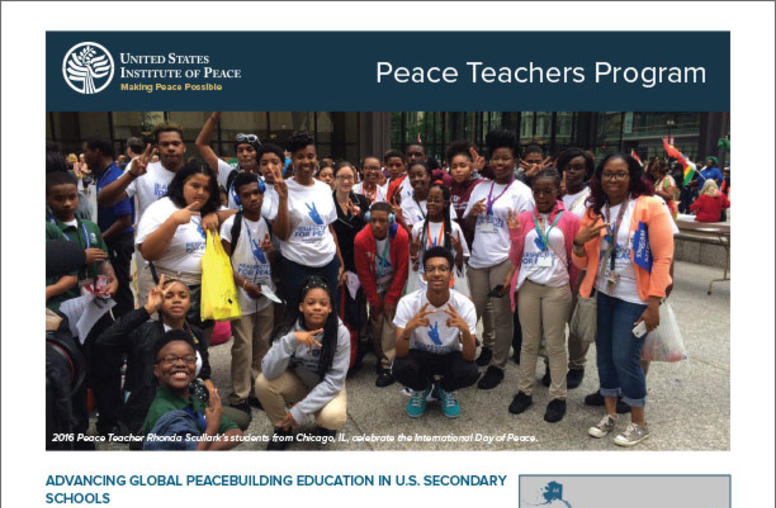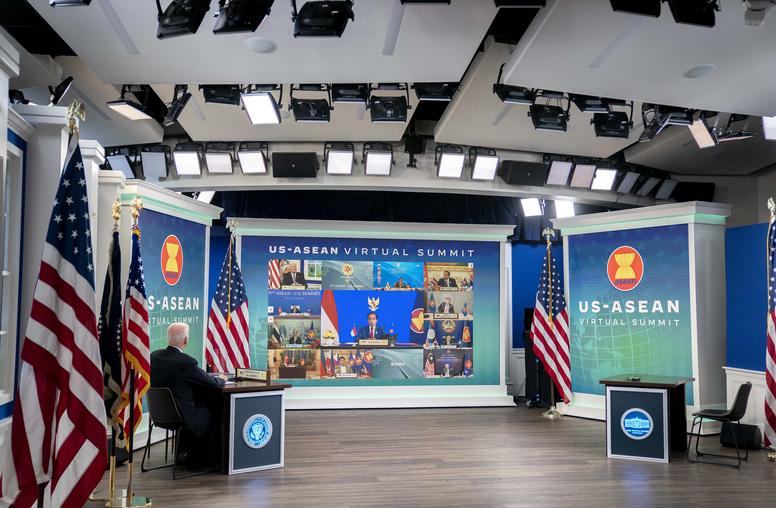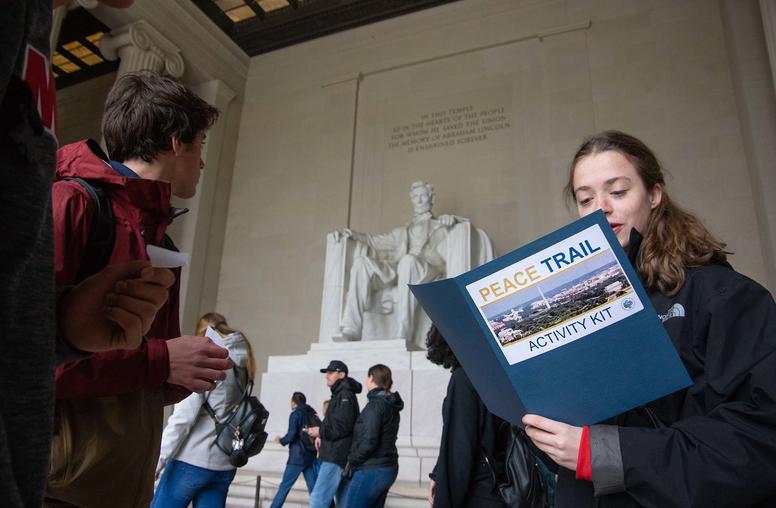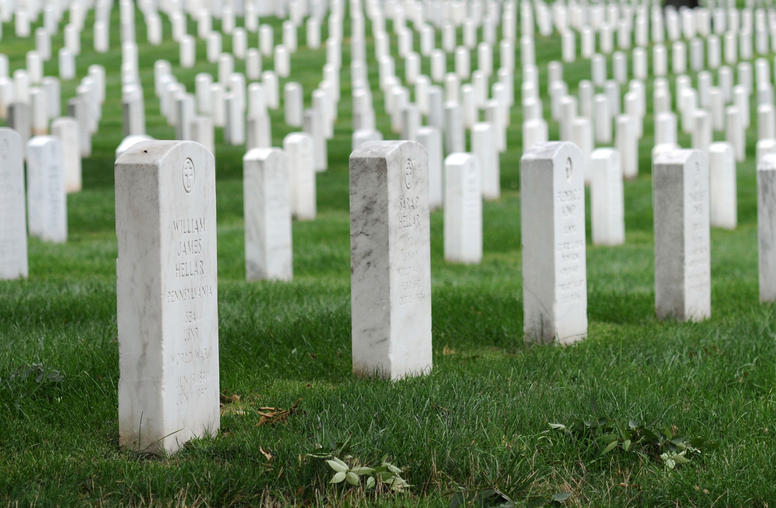The U.S. Treasury Approach to State-Building Assistance
Public event sponsored by the Center for Sustainable Economies of the United States Institute of Peace
A great deal has been written in recent years about both the shortcomings of and need to reform the way the United States conducts foreign assistance, particularly in the context of post-conflict state-building. In these discussions, most attention has understandably been devoted to the agencies most closely associated with the "three Ds" of defense, diplomacy, and development: the Department of Defense, the Department of State, and the U.S. Agency for International Development. As observers have noted, however, other U.S. government agencies also play significant roles — notably including the U.S. Treasury Department.
The U.S. Treasury Department's approach to helping states build and strengthen their public institutions responsible for financial management is worth closer study — both because of the intrinsic importance of these institutions to an adequately functioning government and because it illustrates some key dynamics underlying state-building assistance more generally.A key premise of the Treasury approach is a primary orientation toward assisting local government institutions on mutually agreed upon reform programs. However, in extraordinary situations where state-building follows an intervention (as in Iraq), effective state-building assistance also requires important adaptations. This event will examine conclusions and recommendations from a recent USIP study.
Speakers
- Jeremiah S. Pam
Visiting Research Scholar, Center for Sustainable Economies, USIP
(author of USIP Special Report: "The Treasury Approach to State-Building and Institution-Strengthening Assistance: Experience in Iraq and Broader Implications") - Ashraf Ghani
Chairman, Institute for State Effectiveness and former finance minister for Afghanistan and Chancellor of Kabul University - Colonel H.R. McMaster
Chief of Concept Development and Experimentation, Training and Doctrine Command, U.S. Army - Michael Ruffner
Director, Office of Technical Assistance, U.S. Department of the Treasury - Raymond Gilpin, Moderator
Associate Vice President, Sustainable Economies, United States Institute of Peace



